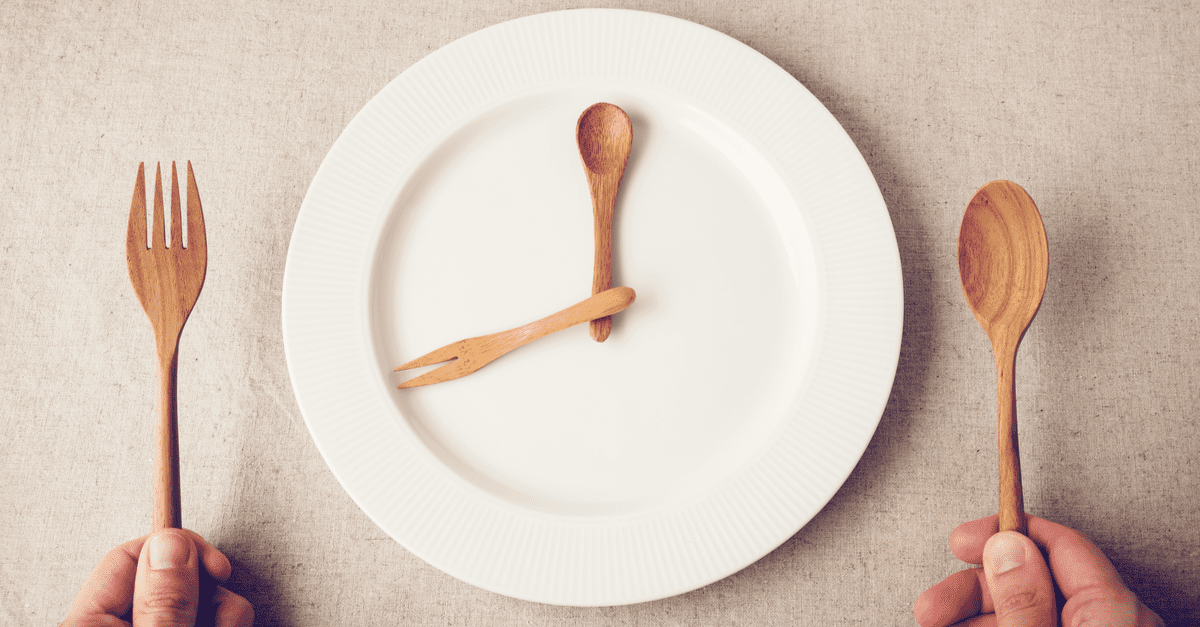Have you ever told yourself that you’re only allowed to eat “treat foods” on the weekend? Or that if you go over your calorie goal one day, your week is ruined?
While these thoughts can feel all too real, we’re here to tell you that they aren’t true—your mind is playing tricks on you. At Noom, we call these mind tricks thought distortions. For many people, thought distortions have become automatic. For example, when we overdo it on cake at a party, we tell ourselves that we might as well go for some cookies and brownies too without conscious thought.
Fortunately, we can learn to reframe these automatic thought distortions to paint a more accurate picture of reality and develop a more balanced perspective.
That said, we’ve identified four of the most common thought distortions Noomers experience on their health journeys and what you can do to flip the script.
Thought distortion: “If I eat [insert food here], I’ve ruined my day.”
Reframe: “If I eat [insert food here], I’ll move on with my day.”
If you get coffee on your sweater during your morning commute, does it mean that your whole day is ruined? No way. (Though your outfit might be.) One food, meal, or moment in your day doesn’t have the power to make the entire day a failure. What does make it a failure is telling yourself that the day is over and letting a single moment negatively impact the rest of your day.
While you might not feel your best after eating a specific food—physically or emotionally—your day isn’t ruined. Every moment is an opportunity to make a different choice. Acknowledge how you’re feeling and make the choice to move on with your day.
Thought distortion: “I can only have treats on the weekend.”
Reframe: “I can enjoy a treat whenever I want one.”
Real results with a personalized weight loss program
Take the quiz!

Allowing yourself to eat certain foods only some of the time is not sustainable.
If you only allow yourself treats on the weekend, chances are you’ll eventually give in when it’s not a weekend, and this will most likely make you feel disappointed or guilty. Labeling certain foods as “off-limits” or to be “avoided” perpetuates an unhealthy relationship with food. We don’t know about you, but we’d like to have a healthy relationship with all foods. (We love ice cream sundaes and we’re pretty sure they love us back.) Knowing that you can have chicken wings, tiramisu, or empanadas whenever you want takes the mystique away from them (and you’ll likely end up eating less of them when you do, too).
Thought distortion: “I should really work out today.”
Reframe: “I get to work out today.”
“Shoulds” are usually rooted in internalized expectations (whether societal, familial, or otherwise). Putting pressure on yourself to meet these expectations can take the fun away from your experience and even cause you to build resentment toward what you “should” be doing.
Instead of “should-ing” yourself into your next workout, tell yourself that you get to work out.
This simple reframe allows you to see it as an opportunity to move your body (rather than an obligation) and gives you the opportunity to make an empowered choice.
Thought distortion: “[Insert food here] is bad.”
Reframe: “[Insert food here] is just [insert food here].”
Many weight loss products will give you a list of foods that are off-limits and a list of foods you can enjoy “guilt-free.”
We’re here to set the record straight: Food doesn’t have moral value and all foods are guilt-free.
There are no “good” or “bad” foods, and there are no foods that should make you feel superior or ashamed for having eaten them. Fudge brownies are simply fudge brownies. (Okay, they’re delicious too.) What we mean to say is that food is food. And it does so much for us: it fuels us, it brings us joy, and it brings us closer to our loved ones.
Before you go, we want to remind you: Change takes time. But, if you keep at it, eventually these positive reframes will become just as automatic as your thought distortions once were. You can do it.





